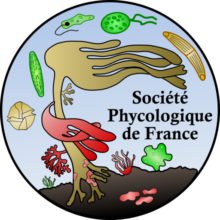On 12 and 13 December 2023, the French Phycological Society held its workshop at the Ifremer station in Sète in the Celimer building, bringing together 42 participants. The scientific programme was wide-ranging, covering microalgae and macroalgae, both freshwater and marine, and encompassing a variety of research disciplines and contexts, from fundamental molecular, cellular and environmental research to applied research. These days are an opportunity for the scientific community to forge and/or consolidate links between generations, laboratories in France, and the various trades…
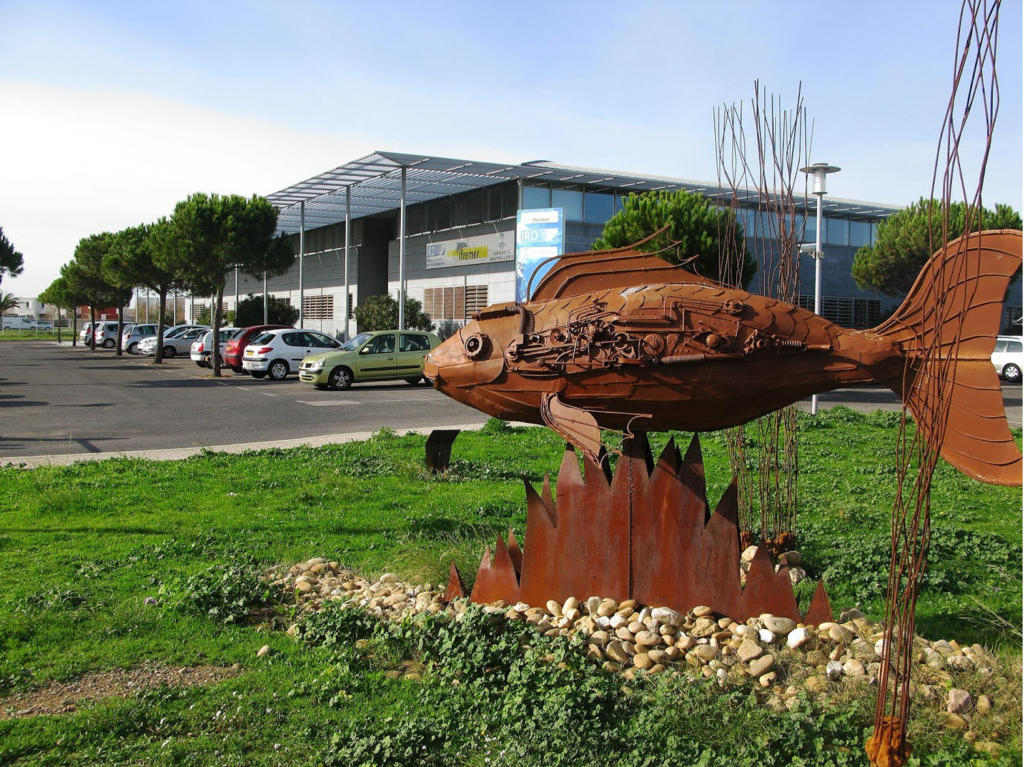
Following a presentation by the UMR MARBEC, which was hosting the event, 16 oral presentations, including 2 plenary talks (“Mechanistic approaches to investigate contaminant toxicity and cellular stress responses in phytoplankton” by Giulia Cheloni and “Non-photosynthetic microalgae as useful models for the study of heterotrophic metabolism: the case of Polytomella sp.” by Robert van Lis) were given in 4 sessions (see programme and abstracts below). A special “Flashtalks” session was organised for students at the very beginning of their thesis. The Society also held its Annual General Assembly, at which part of the Board was renewed. Congratulations to Maëlle Zonnequin (congress: ISCE Prague) and Gautier Demoulinger (congress: IMBC), who each won a Phycological Society scholarship! Finally, on the afternoon of Wednesday 13 December, some participants were able to visit the experimental marine platform at Palavas-les-Flots.
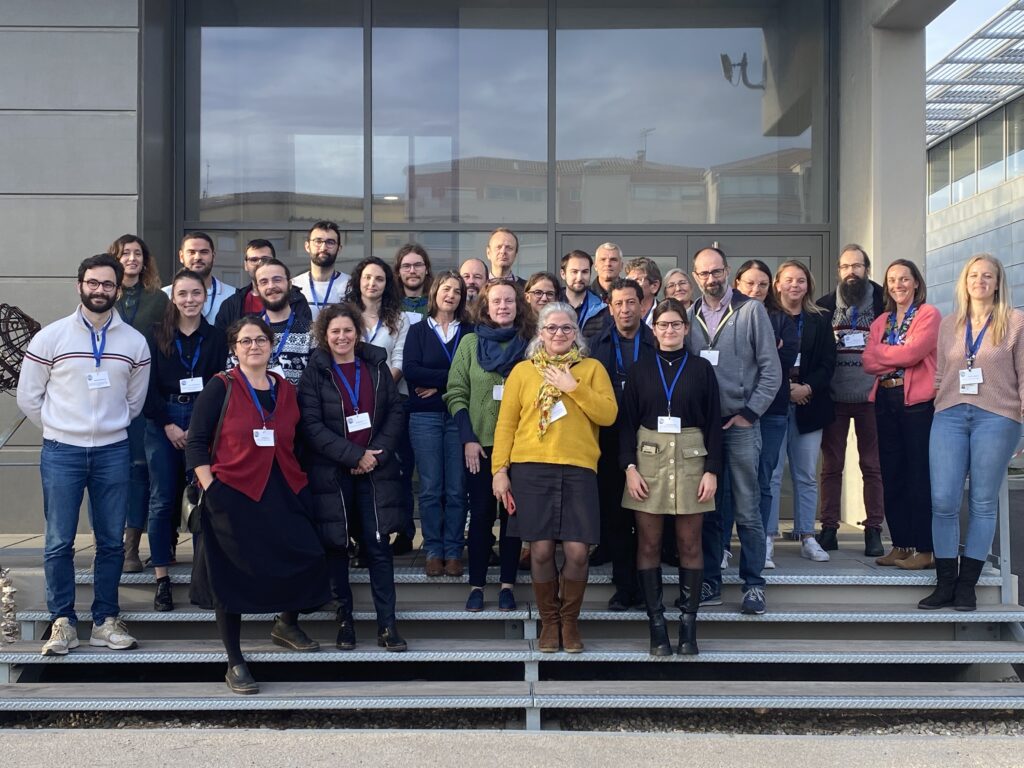
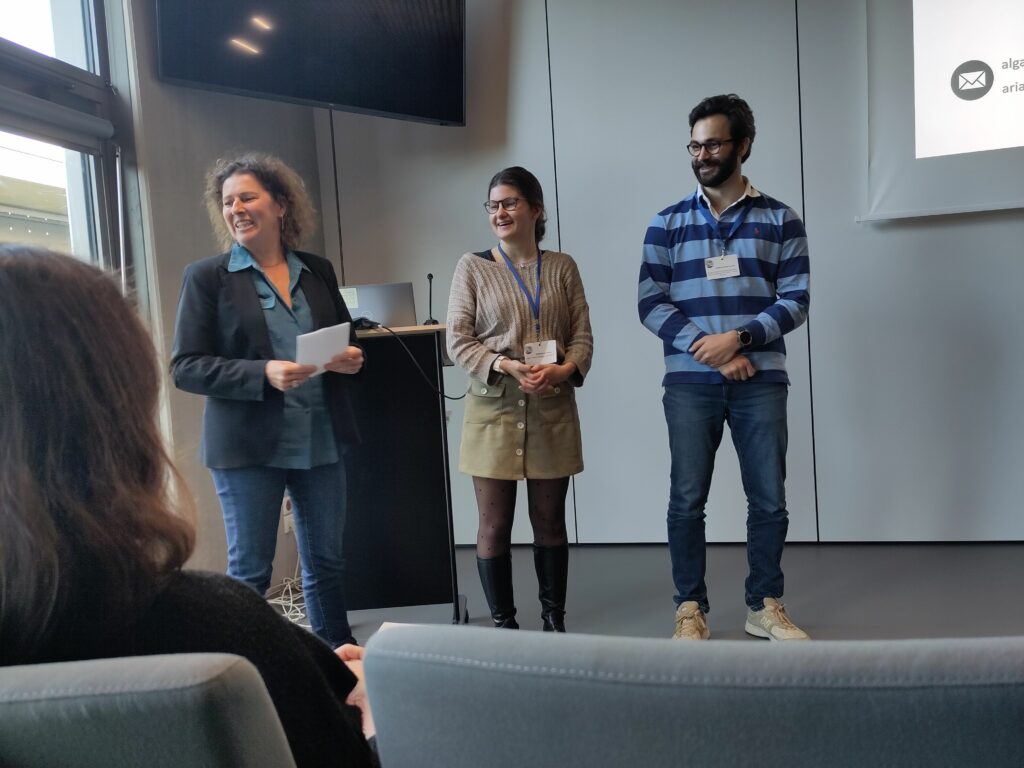
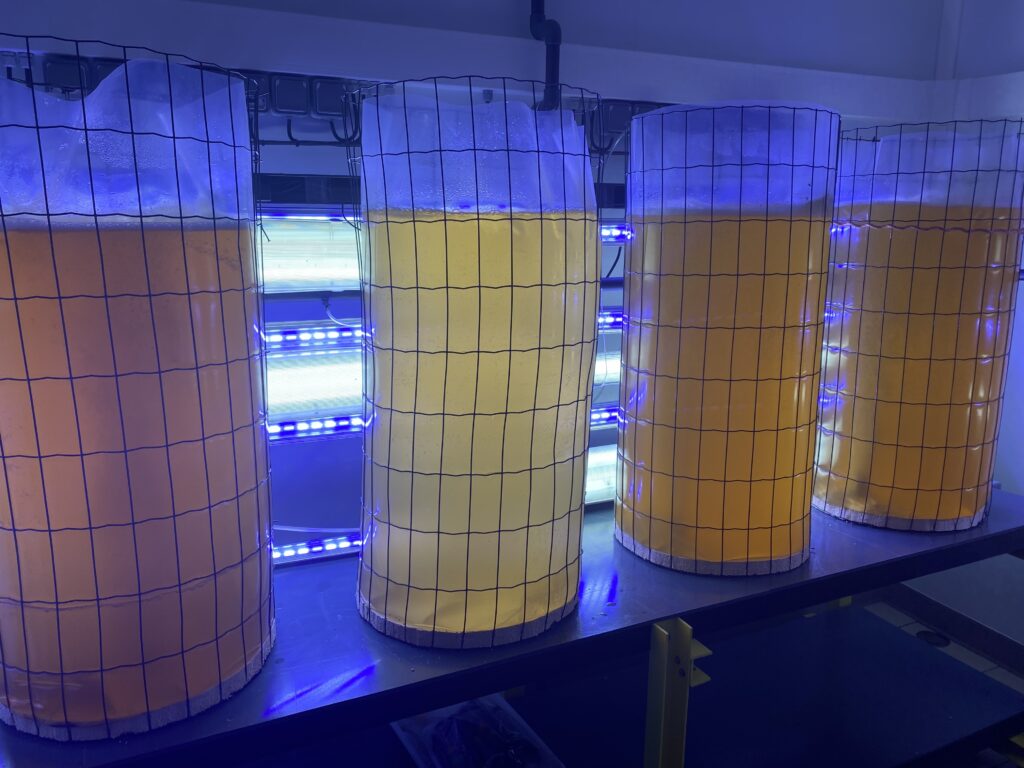
The 2023 French Phycological Society workshop was sponsored by Algama:
As a food technology company, Algama harnesses the potential of algae to create food that is good for both humans and the planet. Algama selects the most promising algae and transforms them into usable ingredients. These ingredients are then used to create sustainable alternatives to animal products, such as eggs or meat, or as emulsifiers to create cost-effective, attractive and tasty products.
